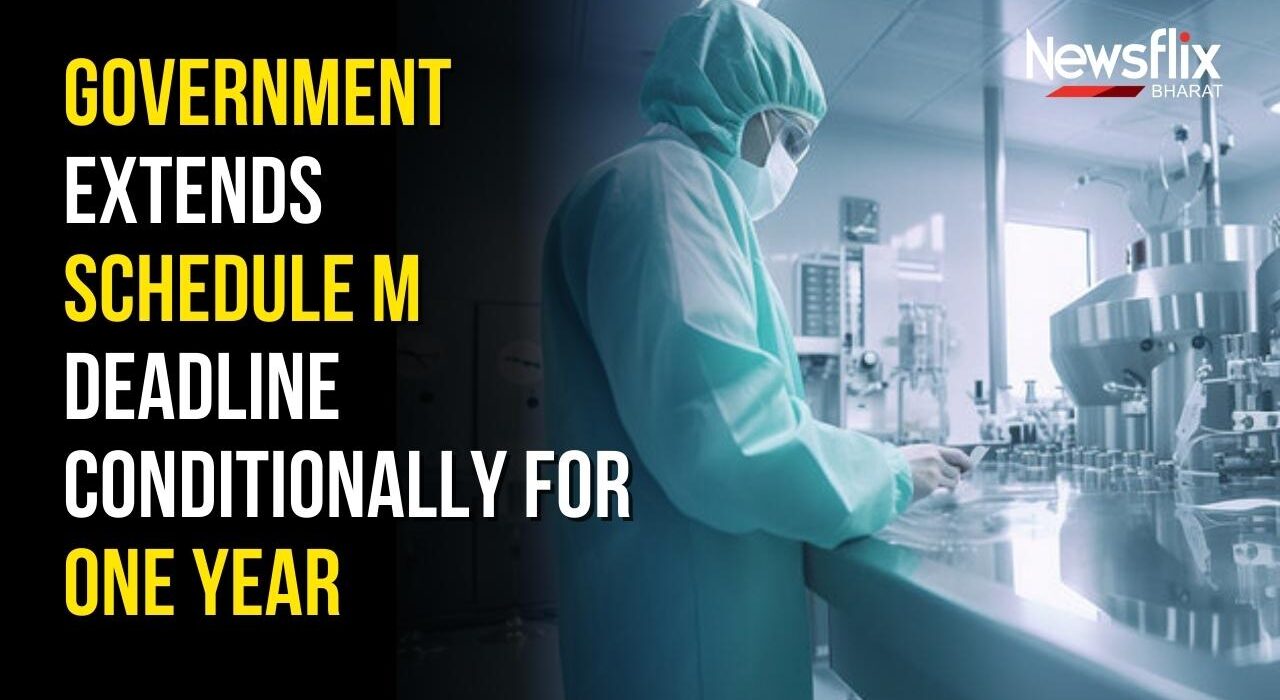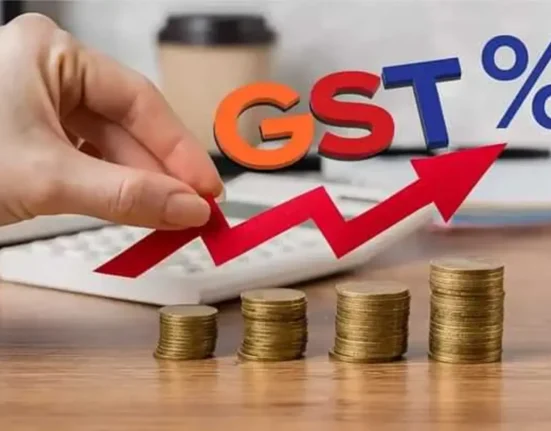On Saturday, the Ministry of Health and Family Welfare issued a draft notification granting small and medium-sized pharmaceutical companies (with an annual turnover of less than ₹250 crore) an additional year to upgrade their facilities in accordance with the amended Schedule M of the Drugs and Cosmetics Act.
The amended Schedule M, which sets quality standards and good manufacturing practices (GMP) for pharmaceutical companies, was notified by the Ministry of Health last January and was set to come into effect from January 1, 2025.
Initially, pharmaceutical companies with an annual turnover exceeding ₹250 crore were given six months to comply with the amended Schedule M standards, while companies with a turnover of ₹250 crore or less were given 12 months. However, the draft notification now proposes that micro, small, and medium-sized pharma units will be granted an additional three months to register with the Central Drugs Standard Control Organization (CDSCO) and submit their upgradation plans. After registration, these units will be given an extension until December 31, 2025.
The Ministry of Health stated, “After three months, these facilities will be audited, and if the committed upgrades are not implemented, action will be taken.” The draft notification will remain open for public objections and suggestions for seven days from the date of publication.
Challenges Faced by the Industry and Justification for the Extension
The decision to extend the deadline came after representations from pharmaceutical bodies highlighting the challenges faced by small and medium-sized units in complying with the revised GMP standards. Industry associations, including those representing MSME pharma sectors like the Laghu Udyog Bharti (LUB) and the Federation of Pharmaceutical entrepreneur(FOPE), Indian Drug Manufacturers Association (IDMA) and Himachal Drug Manufacturers Association (HDMA) prominanetly and another pan india regional Associations had requested an extension.
Experts pointed out that the financial burden of purchasing machinery and upgrading infrastructure posed significant obstacles to timely compliance. One expert explained, “The primary reason for the extension request was the need for more time to arrange finances and implement necessary changes.”
Industry Reactions and Implications
Dr.Rajesh Gupta, All-India Head of Laghu Udyog Bharati and President of the Himachal Pradesh Drug Manufacturers Association, expressed gratitude to the Hon’ble Health Minister Sh JP Nadda jee and Government officials for providing the conditional extension of one year. India has about 10,500 pharmaceutical units, of which 8,500 are MSME units, and approximately 2500 MSME units currently have WHO-GMP certification. Dr.Gupta believe that the extension will help prevent the closure of many non-compliant SME units and provide them with additional time to upgrade.
Himachal Drug Mfrs Association General Secretary Mr Munnish Thakur and spokesperson Mr Sanjay Sharma stated” SME Companies can now present a proper timeline to the government, and the extension will give them more time to complete the upgradation process.”
Progress in GMP Implementation
The Ministry of Health reported progress in GMP implementation among SME units, citing audits conducted by CDSCO. So far, over 800 manufacturing units and 252 public testing laboratories have been inspected. The Ministry added, “Feedback from audited units and stakeholders indicates significant improvements in GMP standards among SMEs.”














